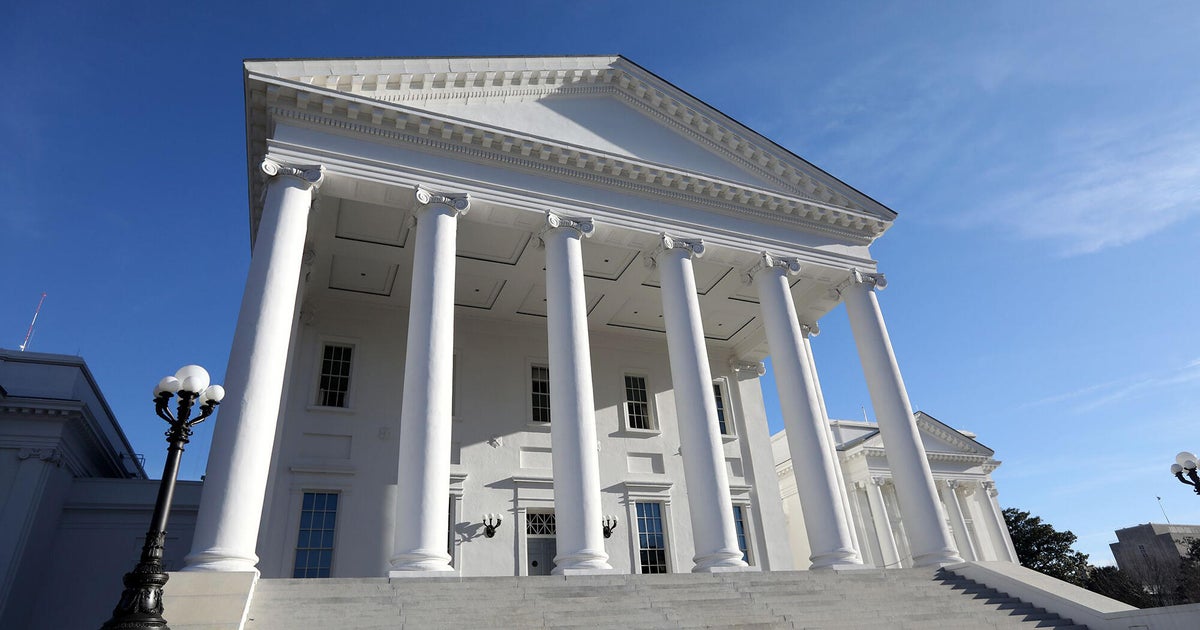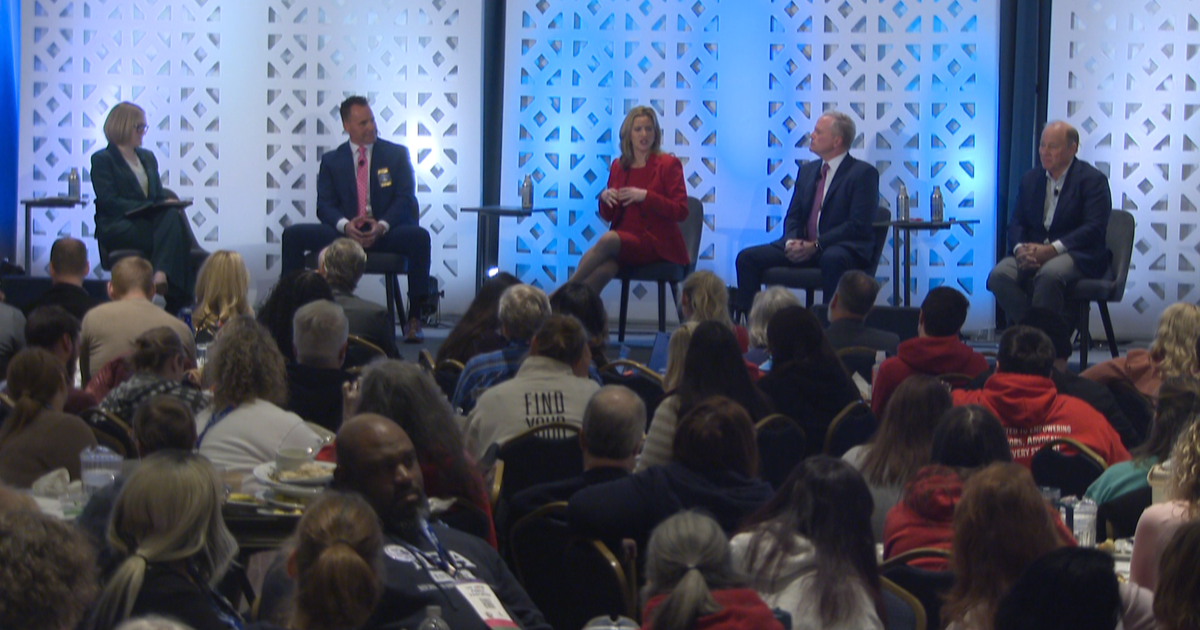Jeff Sessions under increasing pressure over Russia contact to recuse himself
Republicans on Capitol Hill are ramping up pressure on Attorney General Jeff Sessions to recuse himself after revelations that he had contact with the Russian ambassador to the U.S. despite sharing contradictory information in his confirmation process.
Sessions said Thursday morning that he would recuse himself if it’s “appropriate.”
On Twitter, Rep. Jason Chaffetz, R-Utah, the chairman of the House Oversight and Government Reform Committee, called on Sessions to recuse himself.
Freedom Caucus hardliner Raul Labrador also said Thursday that Sessions should recuse himself as well as GOP Reps. Justin Amash of Michigan and Leonard Lance of New Jersey.
House Majority Leader Kevin McCarthy, R-California, on Thursday morning commented on the situation.
“I think, the trust of the American people, you recuse yourself in these situations,” he said in an interview on MSNBC’s “Morning Joe.” “I just think for any investigation going forward, you want to make sure everybody trusts the investigation, that there’s no doubt within the investigation.”
Asked if that requires Sessions’ recusal, McCarthy said, “I think it would be easier from that standpoint, yes.”
But an hour later, he walked that statement back on Fox News’ “Fox and Friends.”
“I’m not calling on him to recuse himself. I was asked on ‘Morning Joe,’ if he needs to recuse himself as going forward. As you just heard, Attorney General Sessions said he would rescue himself going forward - appropriate, and that’s all my answer was. It’s amazing how people spin things so quickly,” he said.
Speaker Paul Ryan, R-Wisconsin, said at his weekly press conference Thursday that there’s no reason for Sessions to recuse himself unless he’s the subject of an investigation.
“Should he recuse himself? I think he answered that question this morning, which is if he himself is the subject of an investigation, of course he would. But if he’s not, I don’t see any purpose or reason to doing this,” he said.”
On Thursday morning, Sessions said that he would recuse himself from investigations when it’s “appropriate.”
“Well, I have said that whenever it’s appropriate I will recuse myself, there’s no doubt about that,” Sessions told NBC News, following revelations that he had contact with Russian ambassador to the U.S. Sergey Kislyak during the presidential campaign despite not sharing that at his confirmation hearing.
“Well, I have not met with any Russians at any time to discuss any political campaign,” said Sessions, a former Republican senator from Alabama. “And those remarks are unbelievable to me and are false. And I don’t have anything else to say about that.”
Some Democrats like House Minority Leader Nancy Pelosi, D-California, are now calling on Sessions to resign from his post while others are saying he should recuse himself.
“Now, after lying under oath to Congress about his own communications with the Russians, the Attorney General must resign,” Pelosi said in a statement late Wednesday. “Sessions is not fit to serve as the top law enforcement officer of our country and must resign. There must be an independent, bipartisan, outside commission to investigate the Trump political, personal and financial connections to the Russians.”
At his confirmation hearing before the Senate Judiciary Committee last month, Sessions was asked whether anyone associated with Mr. Trump’s campaign had communicated with the Russians. He said that he wasn’t aware of any such “activities” and said, “I did not have communications with the Russians.” On a questionnaire for the committee, he also said he did not have contact with the Russians.
Sessions’ spokeswoman Sarah Isgur Flores told CBS News’ Andres Triay in a statement that “[T]here was absolutely nothing misleading about his answer.”
Flores said Sessions spoke to Kislyak in his capacity as a senator and not as a campaign surrogate.
“Last year, the Senator had over 25 conversations with foreign ambassadors as a senior member of the Armed Services Committee, including the British, Korean, Japanese, Polish, Indian, Chinese, Canadian, Australian, German and Russian ambassadors,” Flores wrote. “He was asked during the hearing about communications between Russia and the Trump campaign--not about meetings he took as a senator and a member of the Armed Services Committee.”



